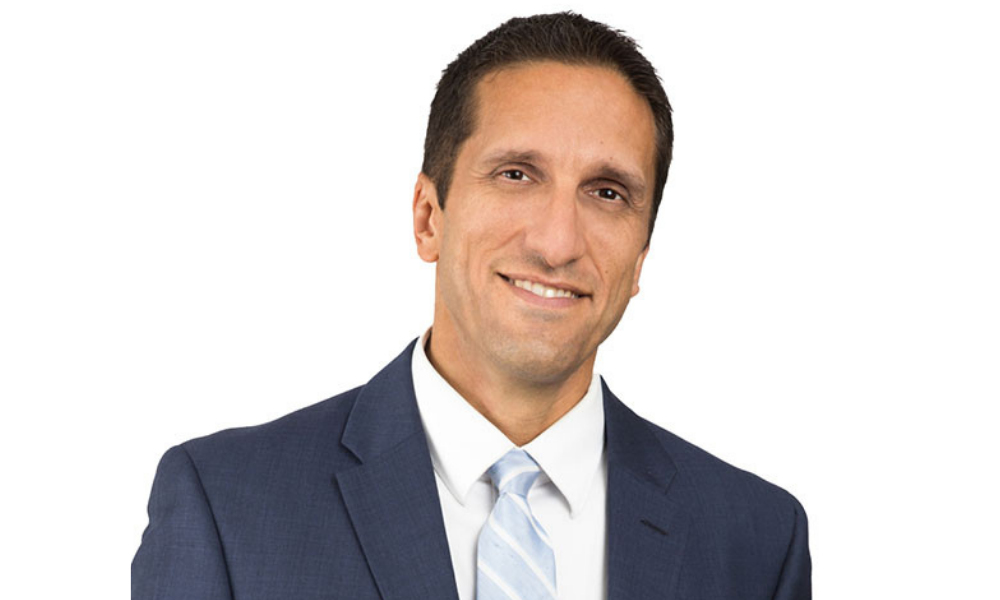
Commonality issue will have ‘far-reaching’ implications for the gig economy, says lawyer

The Ontario Superior Court has certified the class action brought by Uber drivers, who argue they are employees misclassified as independent contractors.
The case involves 366,359 putative class members: those who provided at least one Uber or Uber Eats ride or delivery, between Jan. 1, 2012 and March 1, 2021. The representative plaintiffs for this group say that, as employees, they are entitled to benefits under Ontario’s Employment Standards Act and the federal Canada Pension Plan and Employment Insurance Act.
The issue of commonality, determined in Heller v. Uber Technologies Inc., 2021 ONSC 5518, will have “far-reaching” implications for the gig economy, says Lior Samfiru, who acted for the plaintiff, David Heller. Though drivers use the Uber app differently – some drive full time, some part time and all without a set schedule – the court found they can be grouped together to define a collective employment relationship with Uber, he says.
“Given the fact that the gig economy is probably one of the fastest growing sectors that we have, I think that what happens here is going to be extremely important for lawyers, for workers for the general public, even for the government,” he says.
The plaintiffs raised four causes of action: breach of the Employment Standards Act (ESA), breach of contract, negligence and unjust enrichment. But Superior Court Justice Paul Perell found they had only satisfied the cause of action criterion for the first two and denied certification for negligence and unjust enrichment.
While Justice Perell found there were certifiable common issues with the contract and ESA breaches, he found there was not commonality in the question of aggregate damages or punitive damages.
Uber first argued a class proceeding was precluded by the arbitration agreement in its employment contract. That dispute went all the way to the Supreme Court of Canada, which ruled Uber’s arbitration clause was unconscionable, requiring drivers to bring their claim to the Netherlands for a US$14,500 filing fee.
Uber argues its drivers are independent contractors, the status given them in their service agreement, so there cannot be a common issue of employment status misclassification. The matter of status cannot be determined at a common issues trial because, while drivers use the same app, follow the same rules and regulations and have signed the same service agreement, their “employment status is inevitably an idiosyncratic phenomenon that cannot be determined in common,” said the defendant.
Uber also argued the alleged common issues were not based in fact and lacked commonality, those who did not opt-out of the arbitration and class-action waiver clause should be removed from the class and that the putative class members should wait for the gig economy to be regulated through legislative reform of employment law.
The plaintiffs’ argument they are drivers rests on three areas of commonality: the functionality of the Uber app, the non-negotiable terms in the service agreements and the rules and regulations imposed by Uber and municipal governments.
“The main argument has to do with the control that Uber exerts over these drivers,” says Samfiru, co-founder of Samfiru Tumarkin LLP in Toronto. “Uber has long policies – pages and pages of policies – that govern how these drivers work.”
Uber dictates how they charge customers, when customers get a refund, how they drive and the type of insurance they have. There are policies on what type of vehicle they must use and policies related to COVID on mask-wearing, he says.
“There's really nothing that a driver can decide for their own, other than when they're going to work… Uber exerts full control and they insist on that control, and you can't drive for Uber unless you agree to abide by all their terms and policies.”
“I think that's what the court consistently was shown in the certification application.”
Counsel for Uber did not respond to Law Times request for comment.
“It is still important to note that despite this certification decision, there's still a long way to go before this matter is resolved one way or another. There may well be appeals of the certification decision. And when that is all said and done, then we get to deal with the actual merits of the case, which is going to take a very long time… But it's certainly a step in the right direction.”